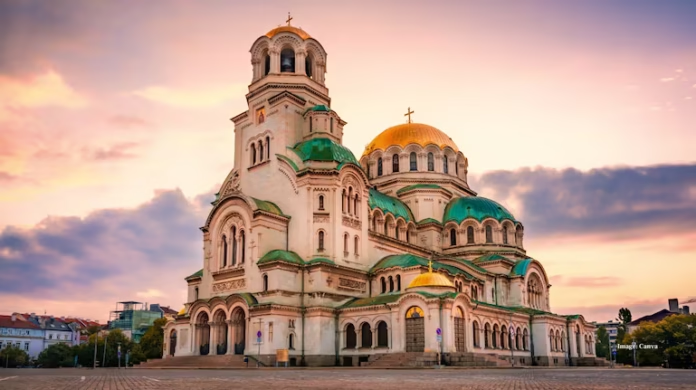
Bulgaria is fast becoming one of Europe’s most appealing destinations, blending rich history, vibrant culture, and remarkable affordability. With plans to fully join the Schengen Area by early 2026, the country is preparing for a tourism boom unlike any in its modern history.
The Bulgarian capital, Sofia, captivates visitors with its dynamic nightlife, ancient Orthodox churches, and modern cafés set against the snow-capped backdrop of Mount Vitosha. The city seamlessly balances old-world charm with contemporary European energy, attracting digital nomads and culture seekers alike.
In Plovdiv, one of the oldest continuously inhabited cities in Europe, travelers can wander through cobbled streets leading to Roman amphitheaters, colorful 19th-century houses, and bustling creative districts. The city’s mix of ancient heritage and modern art scenes has earned it recognition as a cultural capital of the Balkans.
Beyond its cities, Bulgaria’s landscapes provide endless opportunities for outdoor enthusiasts. The Rila Monastery, a UNESCO World Heritage Site, stands as a spiritual and architectural treasure surrounded by mountain peaks. The nearby Seven Rila Lakes offer serene hiking trails and breathtaking alpine views.
On the Black Sea coast, seaside towns like Varna and Burgas welcome visitors with golden beaches, lively promenades, and a distinctly Mediterranean flair — all at a fraction of Western Europe’s prices.
Easier Access with Schengen Integration
Bulgaria’s forthcoming integration into the Schengen Area, expected by early 2026, is set to revolutionize travel convenience. Alongside Romania, Bulgaria will allow entry to visitors holding a standard Schengen visa, eliminating the need for separate national permits.
This change means smoother cross-border travel and greater accessibility for tourists exploring multiple European destinations. It also positions Bulgaria as a gateway to Southeast Europe, bridging the continent’s cultural and geographical diversity.
A Rising Star for European Tourism
With a stable currency, growing infrastructure, and enhanced connectivity, Bulgaria is entering a new era of international recognition. Tourism experts forecast a surge in arrivals once Schengen membership takes effect, particularly from Western Europe and the Middle East.
Local businesses are already preparing for this transformation. Hotels, tour operators, and transport services are expanding to accommodate the expected influx, while government campaigns promote Bulgaria’s image as a safe, scenic, and cost-effective destination.
As Europe prepares for easier borders, Bulgaria’s combination of culture, nature, and affordability is turning it into one of the continent’s most promising travel hotspots for 2026 and beyond.
